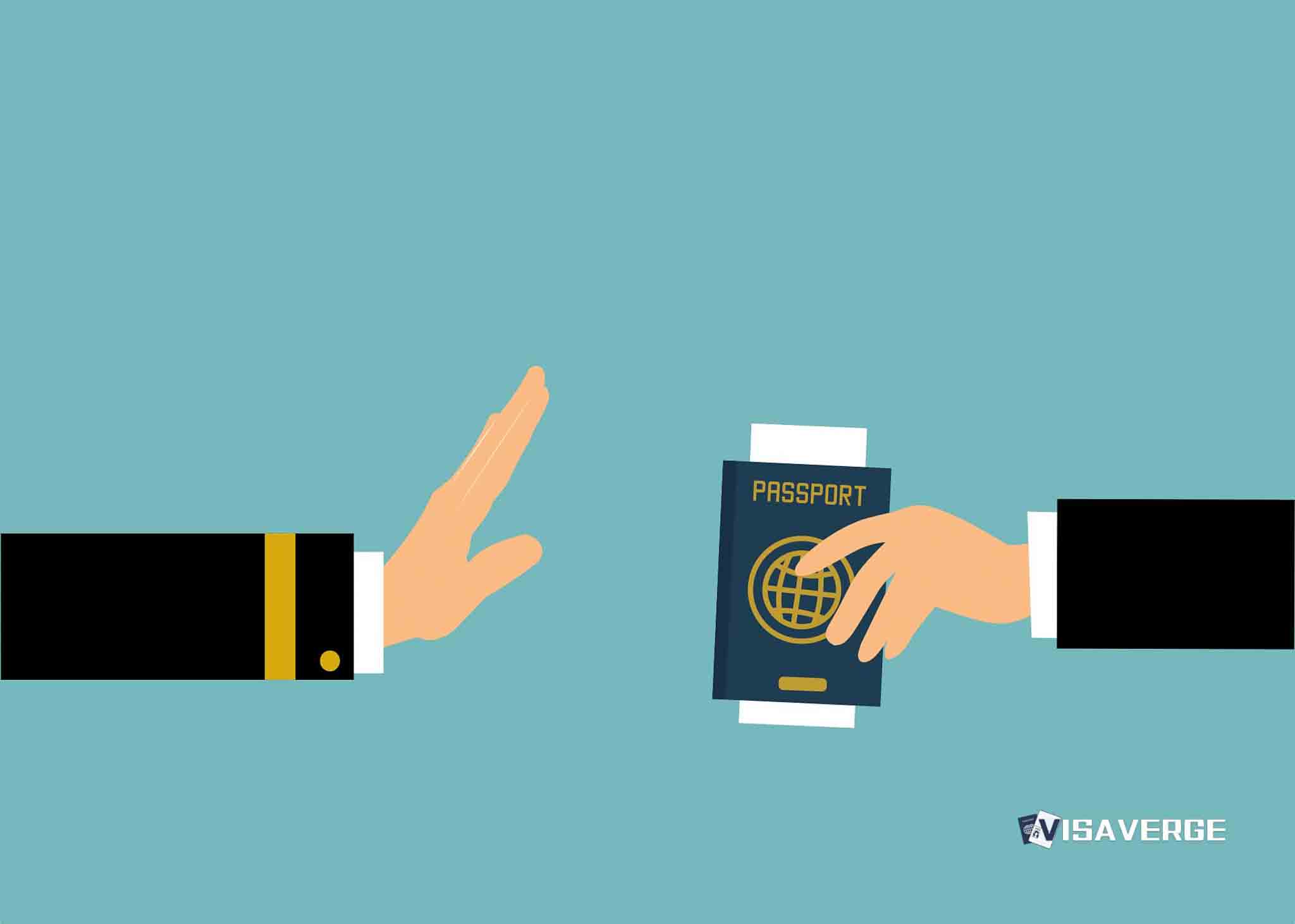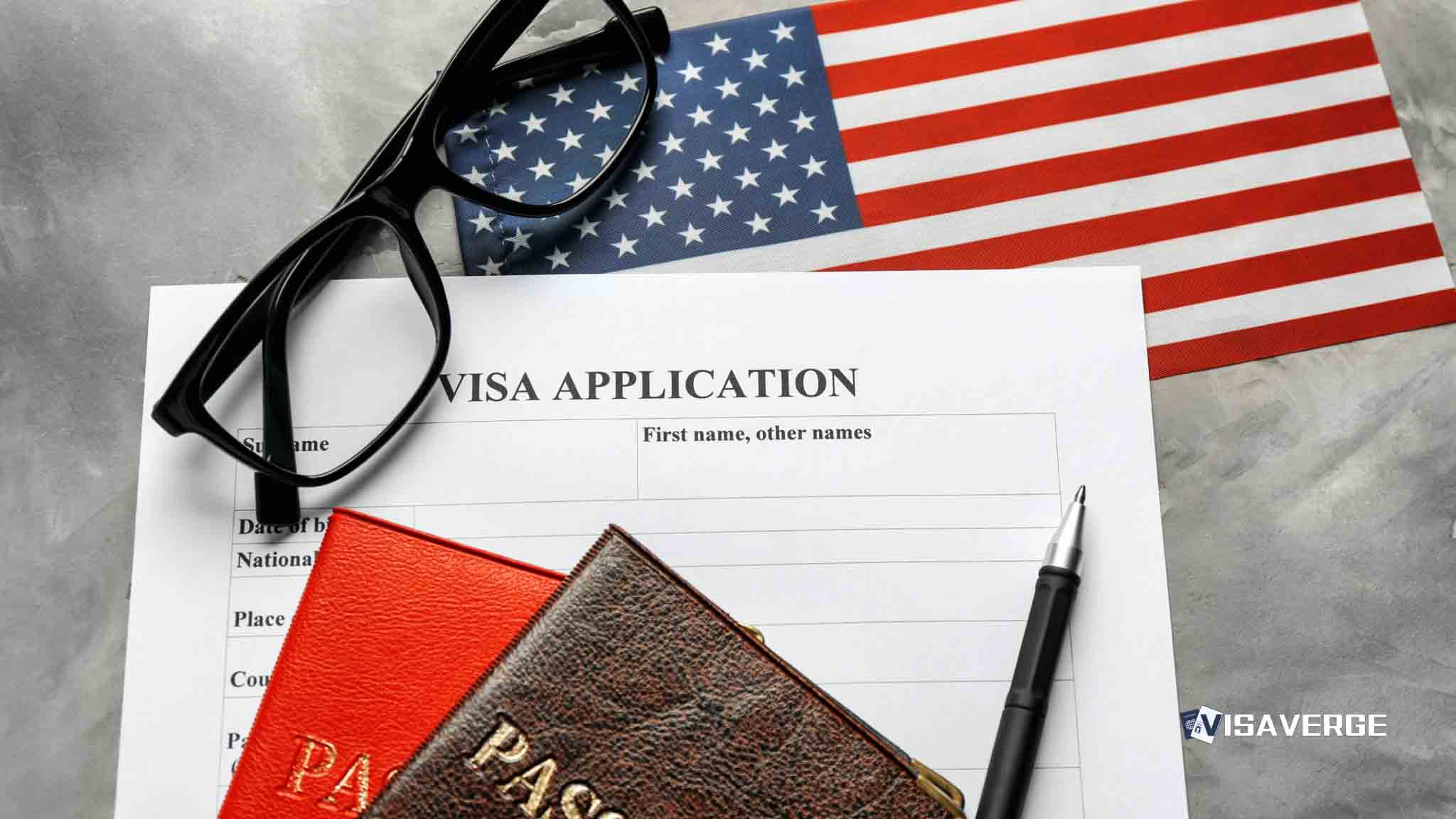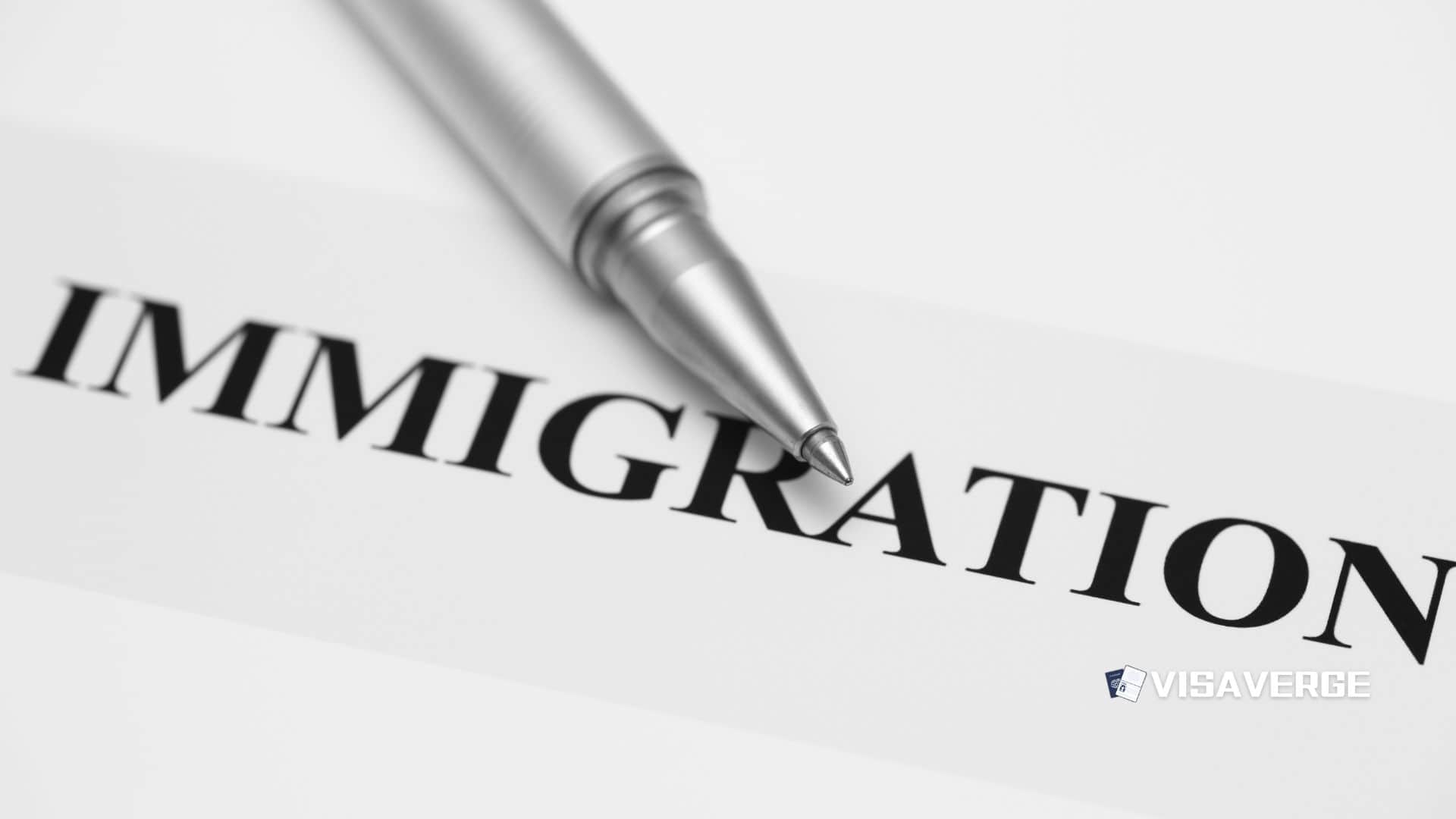Key Takeaways
• Bill C-3 aims to restore citizenship to ‘Lost Canadians’ denied by the first-generation limit by November 20, 2025.
• The bill requires Canadian parents born abroad to spend three years in Canada before passing citizenship to children born overseas.
• Interim measures allow discretionary grants of citizenship for affected persons before the law is passed.
On June 5, 2025, the Canadian Government took a major step toward resolving long-standing citizenship issues by reintroducing Bill C-3. This bill, tabled by Immigration Minister Lena Metlege Diab, aims to address the problem of “Lost Canadians” and overhaul the rules for citizenship by descent. The move comes after a December 2023 Ontario Superior Court of Justice ruling found that the current “first-generation limit” in the Citizenship Act was unconstitutional. The court gave the government until November 20, 2025, to fix the law. With this deadline approaching, Bill C-3 is now at the center of efforts to ensure that Canadians born abroad and their children are not unfairly denied citizenship.
What Is Bill C-3 and Who Does It Affect?

Bill C-3 is a proposed law that would change how Canadian citizenship is passed down to children born outside Canada 🇨🇦. The bill is especially important for people known as “Lost Canadians.” These are individuals who lost or were denied citizenship because of old rules or technicalities in the law. Many of these people are children or grandchildren of Canadians who were born abroad.
The Canadian Government introduced Bill C-3 to fix these problems and to comply with the court order. The bill would:
- Restore citizenship to people who lost it because of the first-generation limit or outdated rules.
- Create a new way for Canadians born abroad to pass citizenship to their children, as long as they have a strong connection to Canada 🇨🇦.
- Expand eligibility for adopted children, making it easier for families to stay together.
- Set up a “substantial connection” test to make sure that parents who want to pass on citizenship have spent enough time in Canada 🇨🇦.
These changes would help thousands of families who have struggled with confusing and sometimes unfair citizenship laws.
Why Was Bill C-3 Needed?
The need for Bill C-3 goes back to changes made in 2009. At that time, the government set a rule called the “first-generation limit.” This rule said that Canadians born outside Canada 🇨🇦 could not pass their citizenship to their children if those children were also born outside the country. The idea was to prevent citizenship from being passed down forever without any real connection to Canada 🇨🇦.
But this rule caused serious problems. Many Canadians who lived and worked abroad found that their children could not become citizens, even if the family had strong ties to Canada 🇨🇦. Some families were split apart by these rules. Others faced years of legal battles or had to move back to Canada 🇨🇦 just to keep their citizenship.
The Ontario Superior Court of Justice ruled in December 2023 that the first-generation limit was unfair and unconstitutional. The court said the government had to fix the law by November 20, 2025. Bill C-3 is the Canadian Government’s answer to this court order.
Key Changes Proposed in Bill C-3
Bill C-3 introduces several important reforms to the way Canada 🇨🇦 handles citizenship by descent. Here are the main points:
1. Automatic Restoration of Citizenship
People who lost their Canadian citizenship because of the first-generation limit or old laws would automatically get it back. This includes people who:
- Were born abroad to Canadian parents but could not pass citizenship to their own children.
- Lost citizenship because of technical rules, like failing to apply to keep it by a certain age.
2. New Rules for Citizenship by Descent
The bill allows Canadians born outside Canada 🇨🇦 to pass citizenship to their children born abroad, but only if they can show a “substantial connection” to Canada 🇨🇦. This means the parent must have spent at least 1,095 days (three years) physically present in Canada 🇨🇦 before the child’s birth or adoption.
3. Expanded Eligibility for Adopted Children
Children adopted abroad by Canadian parents who were themselves born outside Canada 🇨🇦 would now be eligible for citizenship, as long as the parents meet the substantial connection test.
4. Fixing the “Lost Canadians” Problem
The bill addresses gaps left by earlier laws. For example, some people lost citizenship because they did not apply to keep it before turning 28, as required by a former section of the law. Bill C-3 would restore citizenship to these individuals.
5. Substantial Connection Test
To pass citizenship to a child born abroad, a Canadian parent must prove they have a real connection to Canada 🇨🇦. The test requires at least three years of physical presence in Canada 🇨🇦 before the child’s birth or adoption. This rule is meant to make sure that citizenship is passed on by people who have lived in and contributed to Canada 🇨🇦.
How Did We Get Here? A Brief History
The problems Bill C-3 tries to fix began with changes made in 2009 by the Conservative government led by Stephen Harper. The first-generation limit was meant to keep citizenship from being passed down endlessly by people who never lived in Canada 🇨🇦. But the rule ended up hurting many Canadians who had strong ties to the country but happened to live abroad.
Over the years, some changes were made to help “Lost Canadians,” but many people were still left out. The December 2023 court ruling was a turning point. The judge said the law was unfair and gave the government until November 2025 to fix it.
The Canadian Government first tried to fix the problem with Bill C-71, but that bill died when Parliament was prorogued and an election was called. Bill C-3 is the new attempt to solve the issue once and for all.
Interim Measures: What Happens While the Law Is Changing?
Because the law has not changed yet, the Canadian Government has put in place interim measures to help people affected by the first-generation limit. These measures allow certain people to apply for a discretionary grant of citizenship. This means the government can give citizenship to people who would otherwise be left out, even before the new law is passed.
People who can apply under these interim measures include:
- Those born or adopted before December 19, 2023, who are affected by the first-generation limit.
- Those born or adopted on or after December 19, 2023, if their Canadian parent meets the substantial connection test (these cases get priority).
- Some people born before April 1, 1949, who are affected by the first-generation limit.
- People who lost citizenship because they did not meet the old retention requirements (like applying to keep citizenship by age 28).
To apply for a discretionary grant of citizenship, individuals must use the official Application for Canadian Citizenship – Adults (CIT 0002) form. This process is handled by Immigration, Refugees and Citizenship Canada (IRCC).
Who Benefits from Bill C-3?
Bill C-3 would have a big impact on several groups:
Second-Generation Canadians Born Abroad
These are children of Canadians who were themselves born outside Canada 🇨🇦. Under the old rules, these children could not become citizens unless they were born in Canada 🇨🇦. Bill C-3 would let them become citizens if their parent can show a strong connection to Canada 🇨🇦.
Adoptive Families
The bill makes it easier for Canadians who were born abroad and adopted children from other countries to pass on citizenship. This helps keep families together and avoids long, complicated immigration processes.
“Lost Canadians”
People who lost citizenship because of technicalities or old rules would finally have their status restored. This includes people who missed deadlines to apply to keep citizenship or who were caught by the first-generation limit.
Families Separated by Citizenship Rules
Many families have been split apart because some members could not get citizenship. Bill C-3 would help reunite these families and give them the same rights as other Canadians.
What Are the Challenges and Questions?
While Bill C-3 is a big step forward, there are still some challenges and unanswered questions:
- Discretionary Grants Are Not Guaranteed: The interim measures allow for discretionary grants of citizenship, but not everyone who applies will be approved. The exact rules for who gets approved are not always clear.
- Substantial Connection Test: Some people worry that the three-year physical presence rule might still leave out families who have strong ties to Canada 🇨🇦 but have not spent enough time in the country.
- Implementation: Legal experts and advocacy groups are watching closely to see how the government will put the new rules into practice and whether the process will be fair and efficient.
What Do Experts Say?
According to analysis by VisaVerge.com, the Canadian Government’s approach with Bill C-3 shows a real effort to fix past mistakes and make citizenship laws fairer. Experts from the Harney Program in Ethnic, Immigration, and Pluralism Studies at the University of Toronto have discussed how these changes could help many families who have been left out in the past.
Kelsey P. Norman, a director at Rice University, has shared personal stories about how these rules affect real people. Legal experts say the interim measures are a good sign, but they want to see clear rules for how decisions are made.
What Happens Next?
The government has until November 20, 2025 to pass Bill C-3 and fix the law. The bill will go through the usual steps in Parliament, including debates and committee reviews. If it passes, the new rules will take effect, and many “Lost Canadians” will finally get the citizenship they deserve.
In the meantime, the interim measures remain in place. People who think they qualify should apply as soon as possible. The process can take time, and the rules may change as the new law moves forward.
For more information on how to apply for citizenship or to check your eligibility, visit the official Immigration, Refugees and Citizenship Canada (IRCC) website.
What Should Affected Individuals Do Now?
If you or your family are affected by the first-generation limit or other citizenship rules, here are some steps you can take:
- Check Your Eligibility: Review the current rules and see if you qualify for a discretionary grant of citizenship under the interim measures.
- Gather Documents: Collect proof of your connection to Canada 🇨🇦, such as records of time spent in the country, birth certificates, and adoption papers.
- Apply Using the Correct Form: Use the Application for Canadian Citizenship – Adults (CIT 0002) or the appropriate form for your situation.
- Stay Informed: Follow updates from the Canadian Government and trusted sources like VisaVerge.com to keep up with changes to the law.
- Seek Legal Advice: If your case is complicated, consider talking to an immigration lawyer or a qualified consultant.
Conclusion: A New Era for Canadian Citizenship
Bill C-3 marks a turning point in how Canada 🇨🇦 treats its citizens born abroad and their families. By removing unfair barriers and restoring citizenship to “Lost Canadians,” the Canadian Government is working to make the system more just and inclusive. While there are still questions about how the new rules will work in practice, the direction is clear: Canada 🇨🇦 is moving toward a citizenship system that values real connections and keeps families together.
Affected individuals should take advantage of interim measures and prepare for the changes ahead. With the November 2025 deadline approaching, the next few months will be critical for thousands of Canadians and their families around the world.
Learn Today
Bill C-3 → Proposed Canadian law reforming citizenship rules for children born abroad to Canadians.
Lost Canadians → Individuals denied or who lost Canadian citizenship due to outdated legal limits or technicalities.
First-generation limit → A 2009 rule restricting citizenship transmission by Canadians born outside Canada.
Substantial connection test → Requirement of three years’ physical presence in Canada before passing citizenship to descendants.
Discretionary grant → Temporary citizenship granted by government discretion before formal legislative changes.
This Article in a Nutshell
Bill C-3 proposes restoring citizenship to Canadians denied it by outdated laws, especially the first-generation limit. It requires a three-year physical presence in Canada to pass citizenship to children born abroad, seeking justice for thousands of families while awaiting final legislative approval in November 2025.
— By VisaVerge.com













